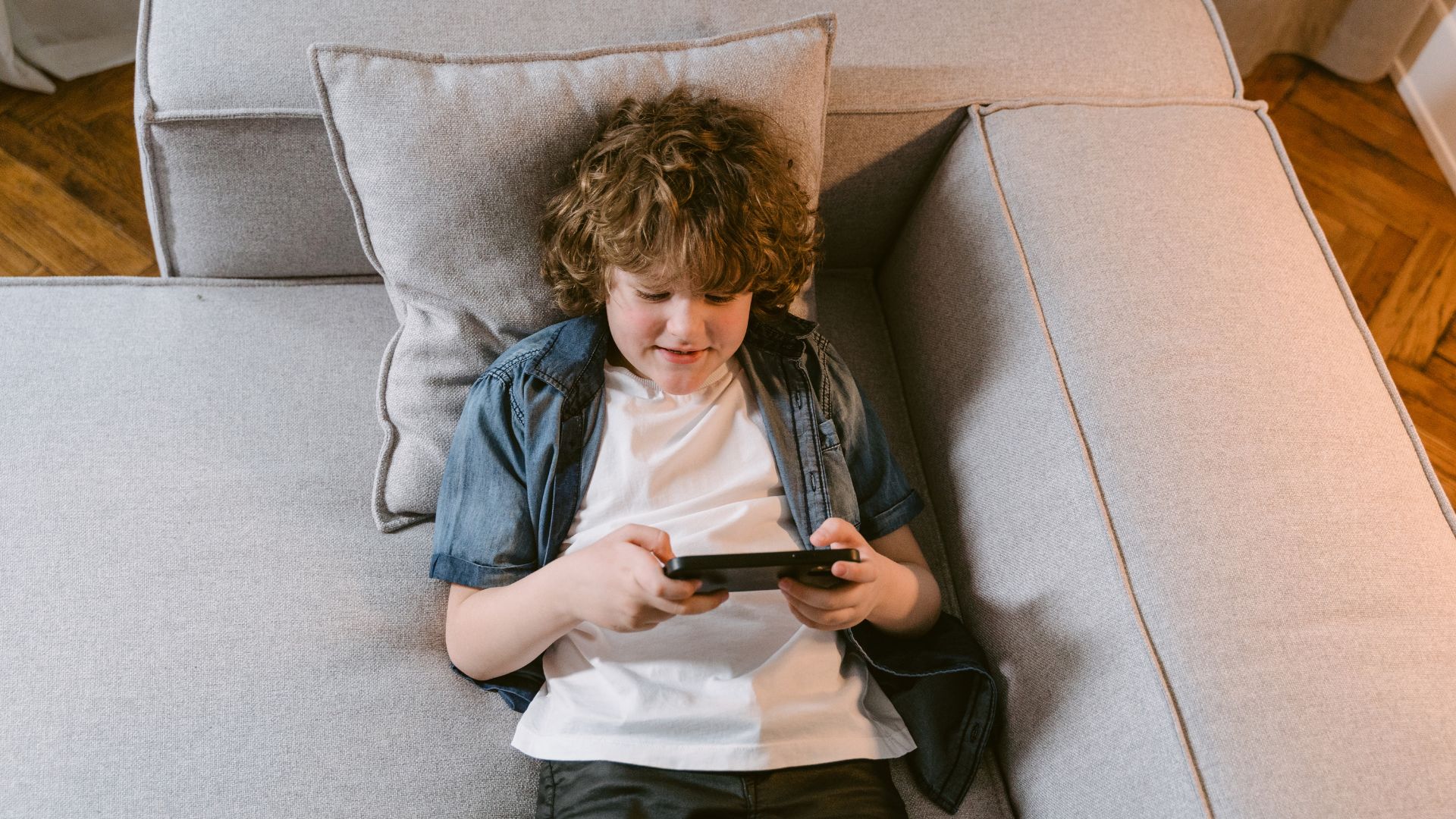A report on children's screen consumption time is submitted to Emmanuel Macron this Tuesday, April 30, 2024. The document provides recommendations to limit the exposure time of the youngest. But the applicability of the measures arises.
Throughout the report, a message shines through: prolonged exposure to screens is harmful to the healthy development of children.
Advertisement

What are the recommendations in the report submitted to Macron?
The report is submitted to the president at the end of the day. However, the main measures have already leaked in the press and online.
The report recommends an action plan, differentiated according to age.
Before 6 years
- ban on screens before 3 years;
- permission for screens from 3 to 6 years old, but only with the accompaniment of an adult;
- ban on connected toys for children under 6 years old, with the exception of story boxes.
From college
- refrain from giving children a telephone before they enter middle school;
- from 11 years old, a telephone can be given, but without an Internet connection;
- from 13 years old, Internet access on the phone can be added;
- throughout school, then middle and high school, provide training in digital tools.
From high school
- ban on social networks for under 15s;
- from 15 years old, only allow registration on social networks “ ethical “, such as ” Mastodon or Bluesky “. The report recommends against making other community sites, such as Instagram and TikTok, accessible before 18;
- creation of connection-free spaces in high schools.
At the level of social networks
- ban on applications for self-playing video functions;
- prohibition of automatic reading of content;
- ban on hyper-notification mechanisms.
Not easy actions to put in place
The report is not a legal text, but a collection of measures that experts formulate for the attention of public authorities. It is up to the legislator or the government to take up these recommendations, through a project or a proposed law. However, all parliamentarians do not manifest a particular wish to legislate in this area.
Among the difficulties likely to slow down or hinder the implementation of these avenues, the primacy of European law, which can limit the room for maneuver at the national level. Concerning social networks, there are texts already in place, starting with the recent Digital Services Act (DSA) and Digital Markets Act (DMA).
Advertisement


Several proposals have a direct effect on the operation of community sites. For example, platforms like Instagram and TikTok – which heavily monopolize the attention of Internet users, especially younger people – have control over the auto-play and auto-play functionalities of videos.
Above all, the most emblematic measures depend solely on the goodwill of parents. The ban on screens for children under 3 years old (an old idea), support by a parent up to 6 years old, the ban on accessing the Internet on a phone up to 13 years old… all this requires the vigilance of parental authority.
Is keeping children away from digital technology such a good idea?
Perceived as a threat, digital is also a factor of opportunities. However, limiting screen time could also potentially affect good usage. Its impact on electronics also needs to be questioned: there are millions of French people who are not very comfortable with digital technology. However, learning also happens through trial and error, at a young age.
Other measures are already more or less in place, notably the ban on cell phones in schools. Finally, we must also take into account the fact that certain measures could be more harmful than beneficial. Ian Russell, an English youth internet safety activist, recently criticized the idea of the British government to ban the sale of smartphones to under-16s. He explains in particular that parental controls “ too intrusive » can weaken trust between parents and children — which is exactly what the report suggests.
“ This would amount to punishing children for the inability of tech companies to design their products responsibly. The children told us that being online is fundamental to their lives. » The State will have to do a balancing act if it wants to regulate.


